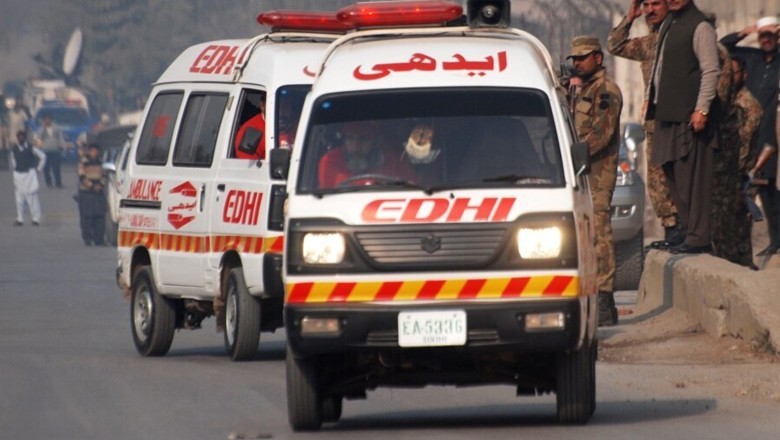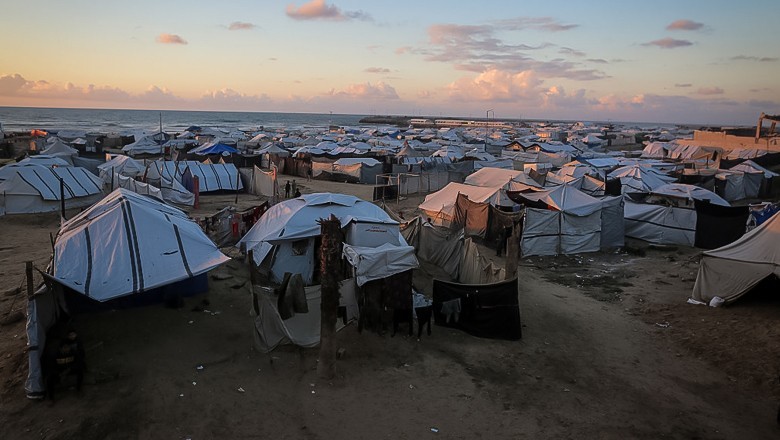Pakistan's major cities have become 'least liveable' in world, but who's responsible?

Web Desk
|
22 Oct 2024
Pakistan's urban centres are rapidly becoming unlivable, warns the Asian Development Bank (ADB) on Tuesday.
According to the report, the country's cities are struggling with congestion, pollution, and lack of attractiveness, threatening their viability.
The ADB's "Pakistan National Urban Assessment Report" highlights the alarming state of the country's cities, citing insufficient capacity to support economic, social, and cultural activities.
Rapid Urbanisation: A Ticking Time Bomb
Pakistan's urban population is projected to reach 99 million by 2030, accounting for 40% of the country's total population.
The rapid growth exacerbates urban problems, putting pressure on already strained infrastructure and services.
ADB Country Director Emma Xiaoqin Fan emphasised the need for balanced urban development, supported by climate-efficient infrastructure and integrated municipal services.
City-Specific Challenges
• Karachi: Class disparity and segregation along religious and ethnic lines plague the city. Limited land availability and rapid expansion have created urgent residential needs.
• Lahore: Illegal constructions and poor planning characterise the city's growth. Missed opportunities, such as developing the ring road as an economic corridor, have contributed to the problem.
• Peshawar: Population pressure has increased following the merger with the Federally Administered Tribal Areas. However, the city's infrastructure is improving, with initiatives like the BRT line.
• Quetta: Climate change threatens the city, but limited communication and cooperation with other provinces hinder effective response.
• Islamabad: Institutional conflicts and power struggles among agencies have deviated the city from its original plan.
The report recommends:
• Updating master plans to prioritise sustainable land use and management.
• Reducing demographic pressure on Karachi and Lahore by developing alternative urban centres.
• Improving socio-economic opportunities and living conditions in rural areas.
• Enhancing public-private partnerships and cooperation among provinces.
Responsible Parties
• Government agencies and institutions are responsible for addressing urban challenges.
• Provincial and local authorities must prioritize sustainable urban planning and development.
• Lack of coordination and cooperation among agencies has exacerbated the problems.
The ADB's report serves as a wake-up call for Pakistan's policymakers to address the pressing urban challenges and ensure sustainable development of the country's cities.












Comments
0 comment